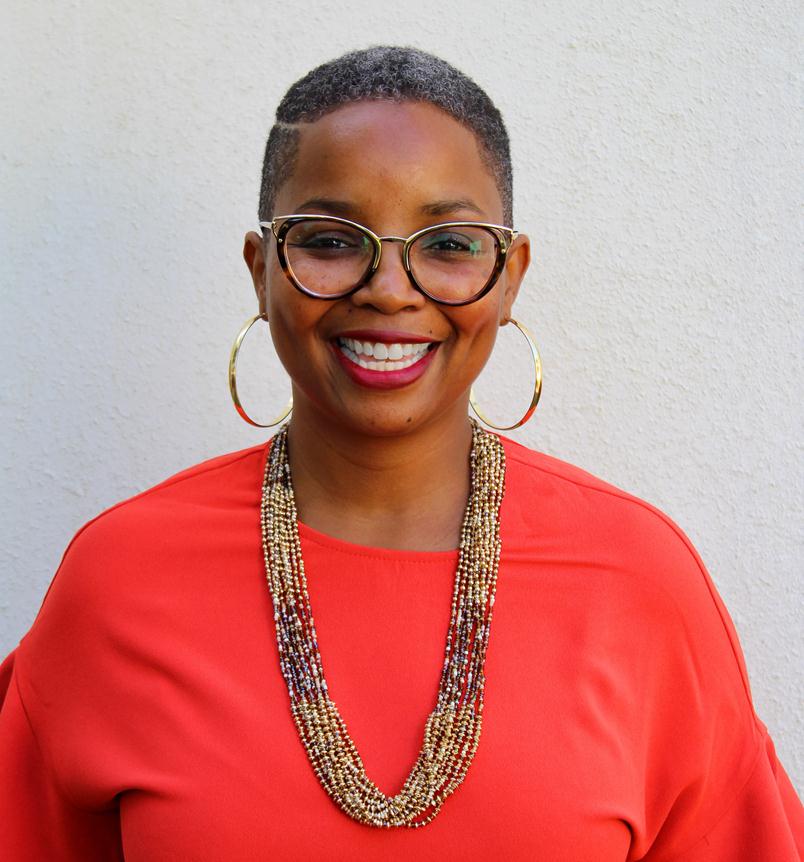
Say hello to Dr. Tameka Hobbs 👋
Coordinator of African American Studies & Associate Professor of History
We asked:
What is the Black history that is being written right now? In 20, 30, 50 years, when people look back on this decade in the context of Black history, what will they talk about?
What, in your opinion, will be the significant events/developments?
Dr. Hobbs said:
In trying to help my students understand the relevance of history, I frequently refer to a quote from renowned Africana historian and lecturer Dr. John Henrik Clarke. He compared the knowledge of history to a compass, a tool that divines for a group of people how they have come to their current situation. More importantly, Dr. Clarke stated, the compass that is history tells a people where they still must go.
For me, this is the real purpose of the study of American history, especially from the perspective of African Americans. In the lyrics to his song “Lift Ev’ry Voice and Sing” (known commonly as the Black National Anthem), author, civil rights leader, and diplomat James Weldon Johnson wrote that “we have come over a way that with tears has been watered / We have come treading our path through the blood of the slaughtered.” He beautifully and brilliantly captured the pain and struggle that has unfortunately been a predominant theme of the history of Black people in the United States.
There are, however, lessons from the struggle that can inspire and uplift current and future generations of citizens, no matter their background. We can know that racial division and the violence that it wreaks stands in the way of the total fulfillment of the American ethos of liberty, justice, and the pursuit of happiness for all. We can learn that until the struggles of the least of us are addressed and the lives of the most marginalized in our society are brought to the center, those who are silent and inactive remain complicit in their suffering. The study of racism and prejudice in American history teaches us that.
Because of this, I believe that the struggle against mass incarceration, for social justice, against sexual harassment and discrimination, and for the protection of immigrants are the civil rights movements of our times. Future generations, I imagine, will be confused by the resistance to these progressive efforts, in the same way that many of us are horrified at the pictures of protestors who harassed Black children seeking to integrate public schools in the 1950s and 1960s. In the same way, the voices that are deemed too radical today will become the quotes that line the halls of our schools and monuments 50 years from now.
A careful investigation of U.S. history teaches us that our better angels have guided us, when we have listened, to a more just and inclusive society. Our present situation teaches that we still have more to learn.
___________________________________________________
Learn more about #VState’s African American Studies program today!